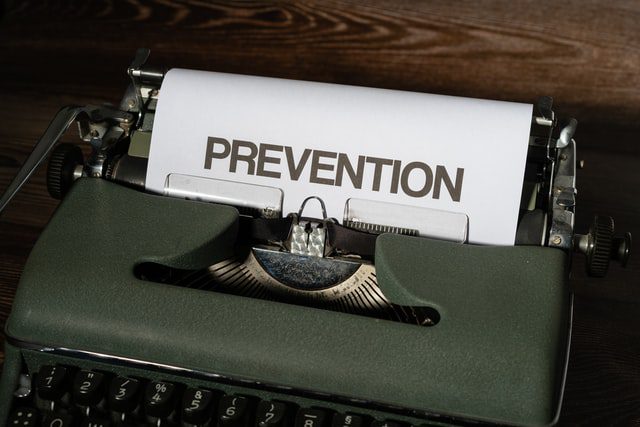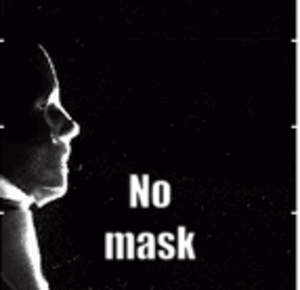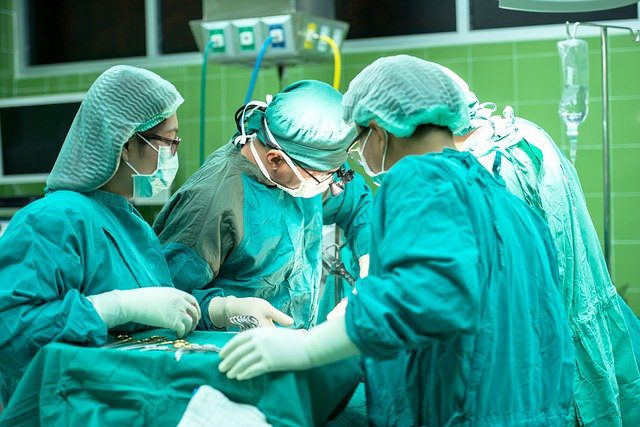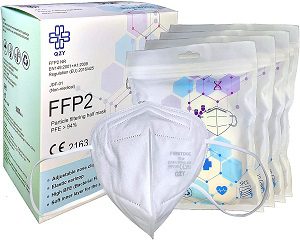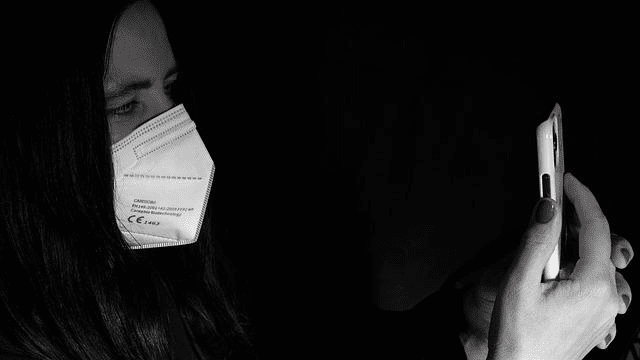
Preprint: The efficacy of facemasks in the prevention of Covid-19
The probability of getting COVID-19 for mask wearers was just 7%, whereas the probability of getting COVID-19 for non-mask wearers was 52%.
The initial review yielded 1732 studies, which were reviewed by three study team members. Sixty-one full text studies were found to meet entry criteria, and 13 studies yielded data that was used in the final analysis.
In all, 243 subjects were infected with COVID-19, of whom 97 had been wearing masks and 146 had not. The probability of getting COVID-19 for mask wearers was 7% (97/1463, p=0.002), for non-mask wearers, probability was 52% (158/303, p=0.94). The Relative Risk of getting COVID-19 for mask wearers was 0.13 (95% CI: 0.10-0.16).
Based on these results, we determined that across healthcare and community settings, those who wore masks were less likely to contact COVID-19.
Preprint: The Efficacy of Facemasks in the Prevention of COVID-19: A Systematic Review
** This is yet another study that shows that facemasks provide better protection against Covid infection than vaccination. As the Covid vaccines continue to wane, masking may be the only strong mitigation left to prevent SARS-CoV-2 infections in the near future. **
2021 study by the Max Planck Institute:
FFP2 masks more effective at preventing Covid infection than vaccines


